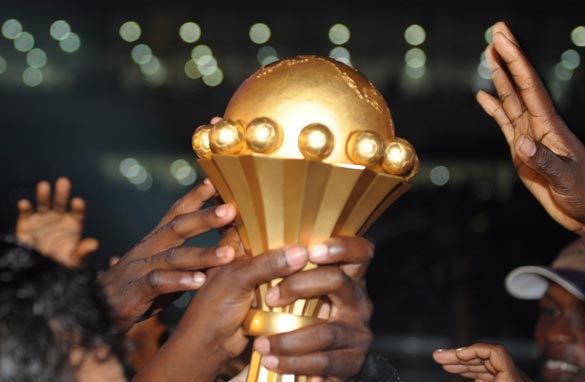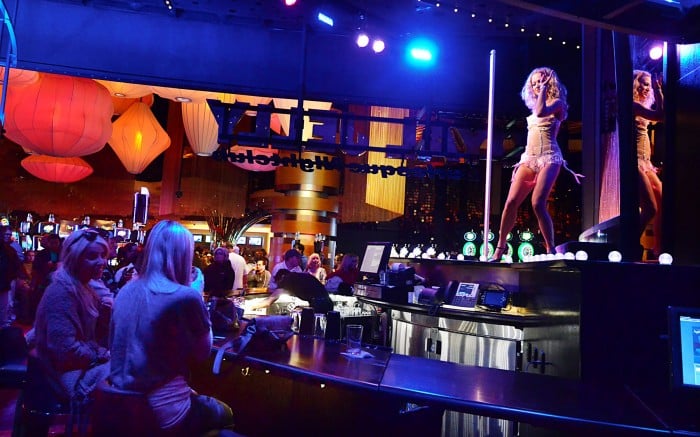♠ Posted by Emmanuel in China
at 8/31/2014 01:30:00 AM
 |
| Would you like to see Britannia rule again, my friend? |
During the Cold War, there was a pervasive fear that Beijing would use its legion of overseas Chinese as a "fifth column" for the infiltration of Communist ideology in freedom-loving lands (or whatever passed for them). Nowadays, Xi Jinping & Co. are inverting this logic: Hong Kong residents are being used by capitalist roaders to pollute the minds of the proletariat. Call it the "sixth column" -
Hong Kong is poised for a showdown with China when the Chinese parliament meets later on Sunday, with the largely rubber-stamp body likely to snuff out hopes for a democratic breakthrough in the regional financial hub at elections due in 2017. Political reform has been a constant source of friction between Hong Kong's pro-democracy movement and the mainland since the former British colony was handed back to Communist Party rulers in 1997...Activists are once more intent on turning the financial district into a warzone:
However, Beijing will tightly curb nominations for the 2017 leadership poll to filter out any candidates it deems unacceptable, said a person with knowledge of the electoral framework. Only two or three "patriotic" candidates will be allowed on the ballot and open nominations will be ruled out. Instead, candidates must be backed by at least 50 percent of a 1,200-person "nominating committee".
That committee is meant to be "broadly representative" of Hong Kong interests, but will be similar in composition to an existing election committee stacked with pro-Beijing loyalists.
It's a formula that will rile Hong Kong's pro-democracy activists, who plan to blockade the city's Central business district in the coming weeks. On Saturday, Hong Kong's public broadcaster RTHK said 5,000 police will be deployed for the "Occupy Central" protest, heightening the sense of unease. The city's 28,000-strong police force is already on high alert. An initial protest planned for Sunday evening will be the start of what activists and lawmakers have described as a "full-scale, wave after wave" civil disobedience campaign.To no one's surprise, Xi Jinping is implicated in all this. Gripping Hong Kong with a firmer hand, he hopes to squash pro-democracy irritants he's found more resilient than expected. At a counter-protest, it appears that Communist Party-friendly flunkies were bused in to show "support":
Consolidating his power after almost two years in office, President Xi Jinping has spoken of the need for a firmer hand with Hong Kong, partly out of concern that allowing greater democracy there might lead to demands for the same in other parts of China.
The regime has also been caught off-guard by the strength of the campaign for democracy known as Occupy Hong Kong, which showed its power with a huge march on July 1, the anniversary of the handover. A pro-China rally a few weeks later had a much smaller turnout, and reporters noted signs of Chinese-government organization: people arriving in fleets of buses, large numbers of Mandarin-speakers with mainland connections, and some evidence of participants being paid to attend.On one hand, it would be nice for China to fulfill the "one country two systems" vow. On the other hand, us folks from rather poorer places on this earth aren't quite sure what the Hong Kong residents are complaining about when their standard of living is so much higher than ours. Go figure; some people complain when they have almost everything--except Western-style "freedom."
UPDATE: In today's no ^@#$ feature, the PRC has restated that all candidates standing for elections in 2017 must be pre-screened by Beijing.



















